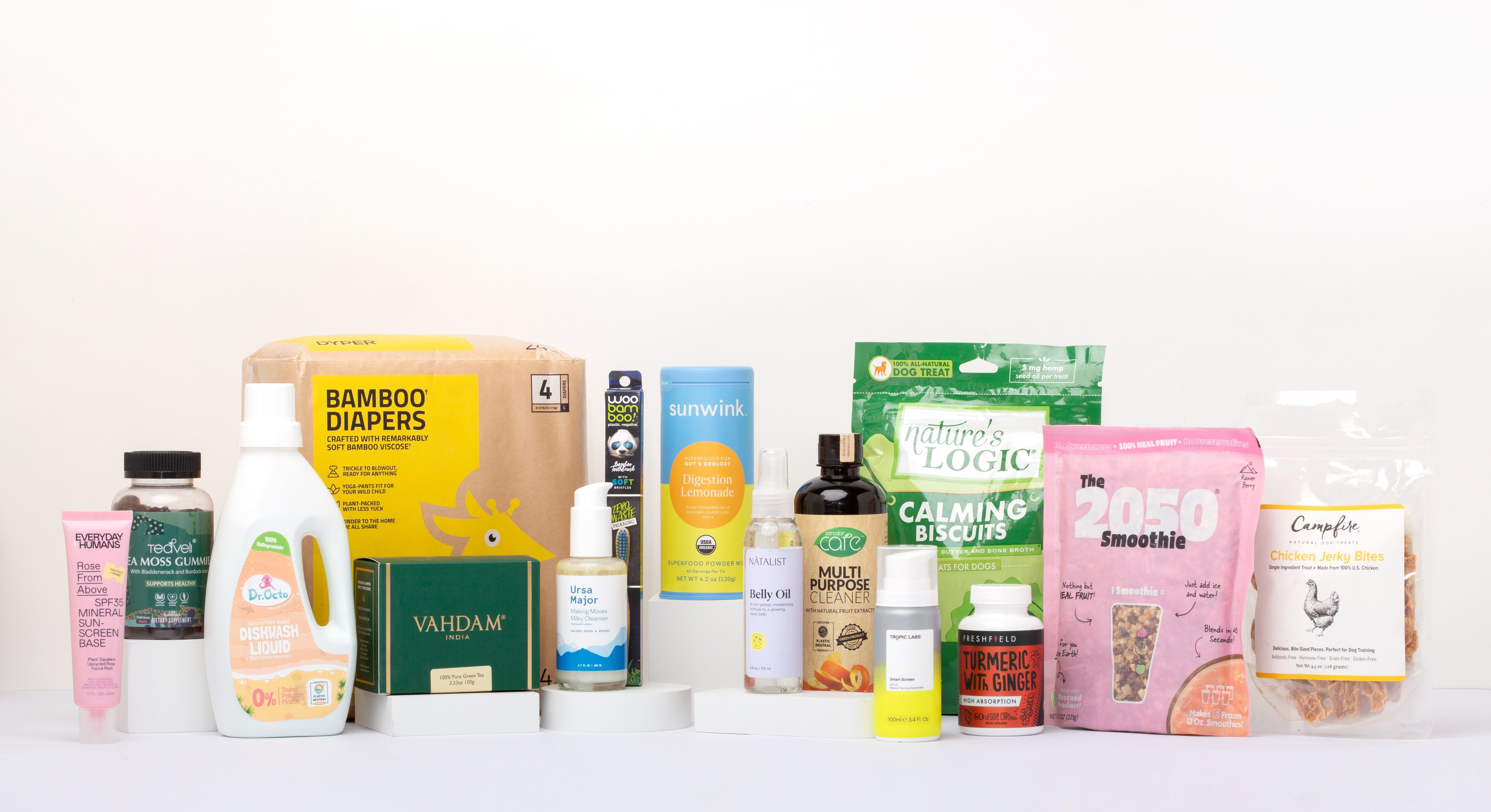EPR Compliance: Why Comprehensive Reporting is the Best Choice—Even for Small Businesses
Learn why comprehensive EPR reporting helps SMBs save money, ensure compliance, and build stronger sustainability programs.
As Extended Producer Responsibility (EPR) regulations continue to expand across the U.S., companies are faced with critical decisions on how to comply. One of the most important choices producers must make is selecting a reporting method for their packaging materials.
Oregon’s EPR program, for example, provides three options:
- Comprehensive Reporting - Requires detailed weight-based data for each material type.
- Flat Fee Reporting - A simplified, tiered fee structure based on estimated packaging usage.
- No Reporting, Highest Fee -An option for companies that opt out of reporting but pay the maximum EPR fee.
While flat-fee and no-reporting options may seem more convenient—especially for smaller companies—the reality is that comprehensive reporting is the smartest choice for any business looking to optimize costs, ensure long-term compliance, and maintain a strong sustainability reputation.
1. Comprehensive Reporting Ensures Fair and Accurate Fees
Under EPR laws, the fees a producer pays are based on their packaging materials. The comprehensive reporting method allows businesses to report actual data, rather than relying on broad estimates.
- With Flat Fee Reporting, companies are assigned to a pricing tier based on estimated packaging volumes. While convenient, this approach can lead to overpayment if the assigned tier overestimates actual material usage.
- The No Reporting, Highest Fee option eliminates the administrative burden of tracking packaging data, but it comes at a steep cost—companies that choose this option pay the maximum possible fee, regardless of their actual packaging footprint.
For businesses—especially SMBs operating on tight margins—paying more than necessary for compliance is a costly mistake. Comprehensive reporting ensures that companies only pay for what they actually use—not an inflated, one-size-fits-all estimate.
2. Future-Proofs Compliance as EPR Expands
EPR regulations are growing, with states like California, Maine, and Colorado implementing their own rules. While some states currently offer flat-fee or no-reporting options, this may not be the case in the future.
- Many policymakers are pushing for stricter compliance requirements, favoring transparent, data-driven reporting.
- As more states introduce eco-modulation (fee reductions for sustainable packaging), brands using comprehensive reporting will be better positioned to qualify for lower costs.
- Companies that rely on flat-fee or no-reporting options may be forced to transition to detailed reporting later, requiring expensive system overhauls and operational adjustments.
Check out the EPR compliance module by rePurpose Global, to make comprehensive reporting a breeze.
Get Started with Verified Plastic Recovery for your Brand
Get Started with Packaging EPR Compliance for Your Brand
rePurpose Global is here to support your sustainability roadmap with impactful and measurable Plastic Action solutions that deliver immediate results. Partner with us to measure your plastic footprint, fund plastic waste recovery, and create strong sustainability messaging for your brand.
Talk to our team to explore how we can work together.
rePurpose Global's EPR compliance platform is here to support you in preparing for the upcoming regulations in multiple states in the US and comply with no errors. Partner with us to create detailed assessment reports, pre-empt fees and reduce time & cost involved in the process.
Talk to our team to explore how we can work together.

Related Posts
EPR Foundations: What does Covered Products mean?
Learn what qualifies as a “Covered Product” under EPR laws and how to ensure packaging compliance and material traceability.
How to Streamline Complex EPR Compliance: 5 Essential Tips for Brands
5 tips to simplify complex EPR rules: collect smart data, choose reporting wisely, and avoid mistakes. rePurpose can help.
BREAKING: Brands Need to Register for California's EPR Program by September 5
Bringing you the latest: We're continuously monitoring CAA communications to registered producers to bring you critical compliance information as soon as it's available. Many of these updates aren't widely public yet, and even registered producers often miss key details that could impact their compliance strategy. Follow us on LinkedIn to make sure you're first to hear about these critical updates.


.png)
.jpg)
.png)
.png)







